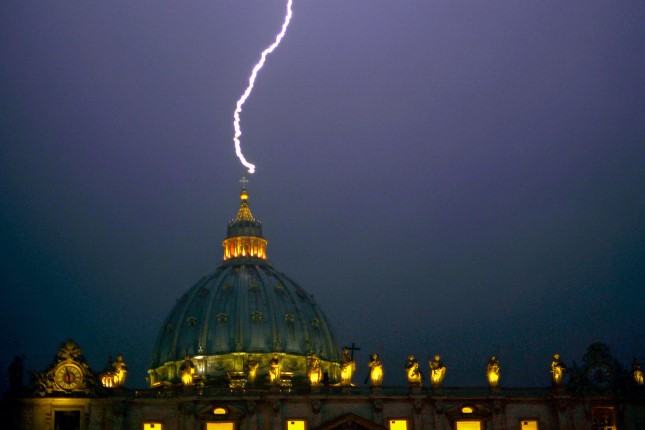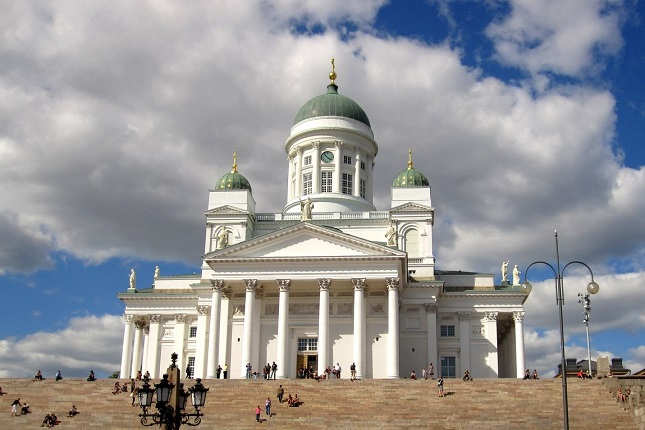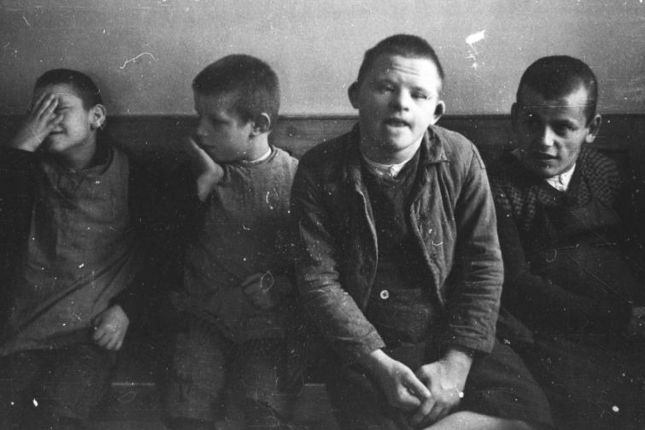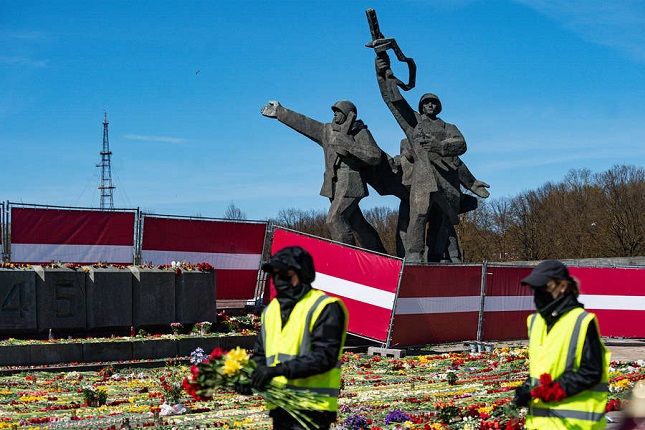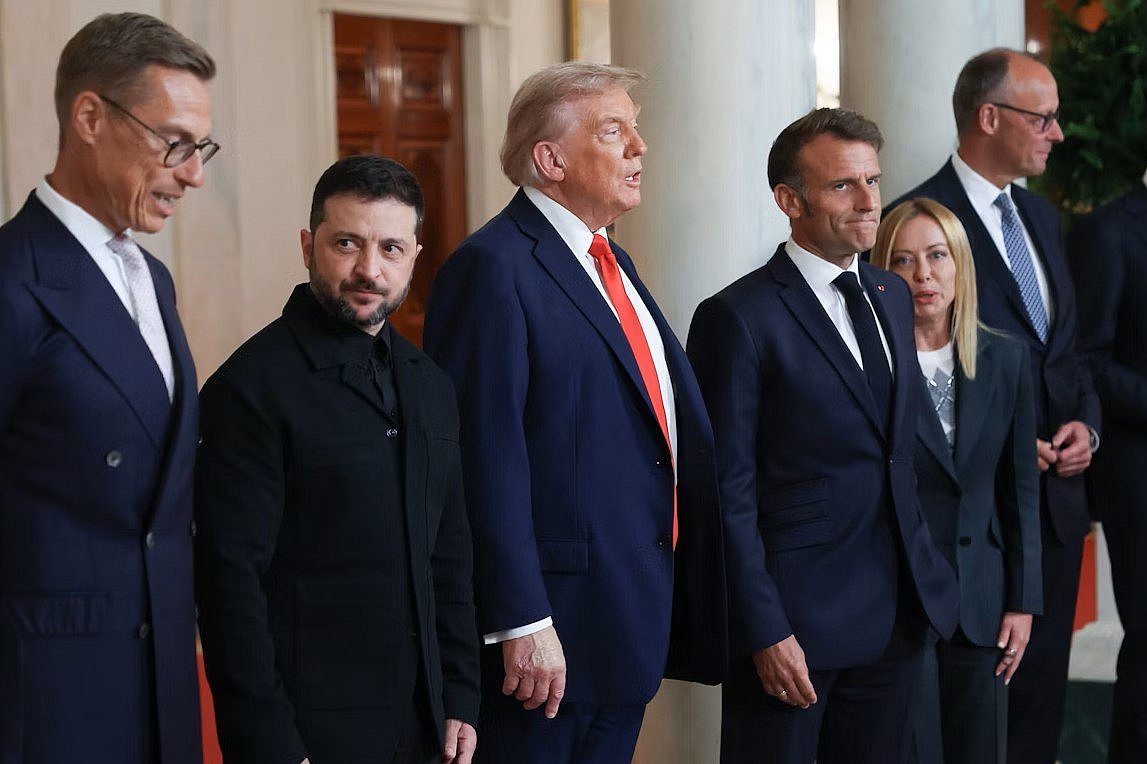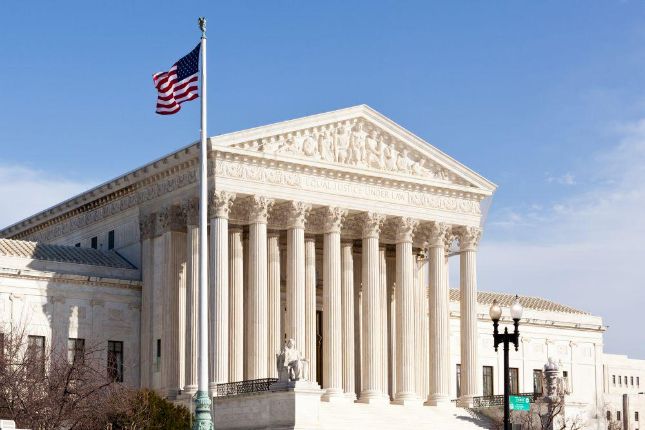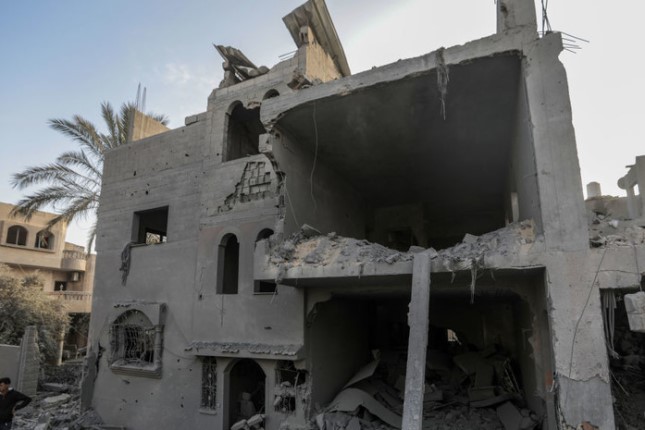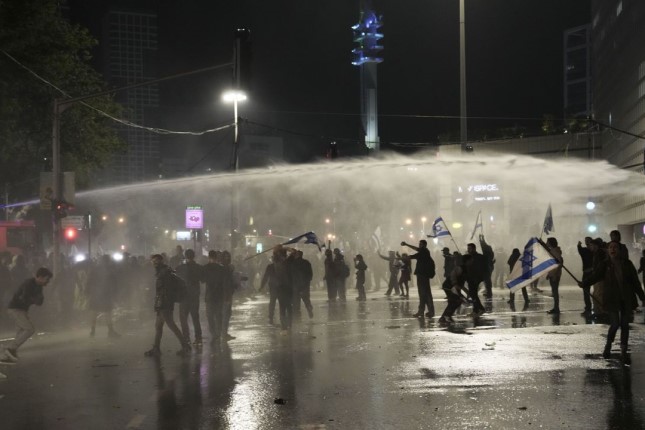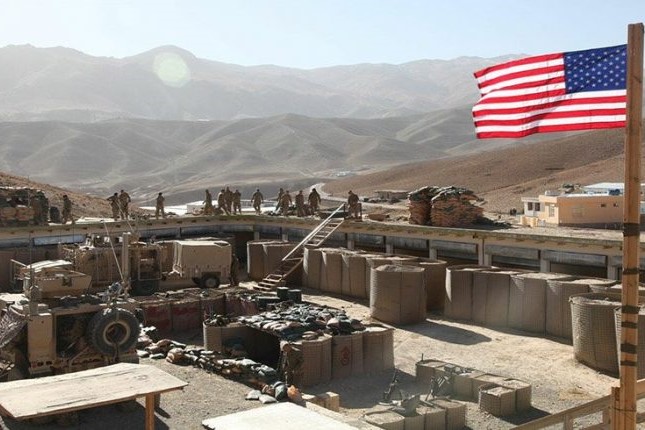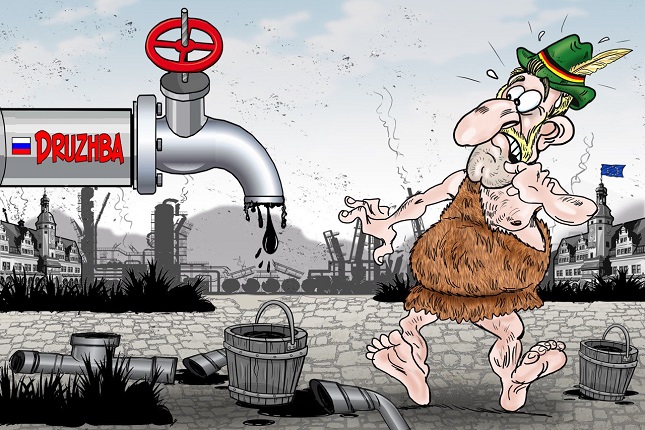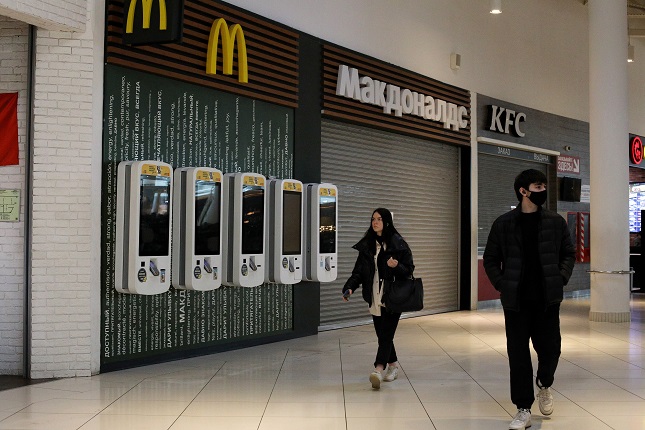A lightning bolt struck the dome of St. Peter's Basilica, the centrepiece of the Vatican and one of the holiest sites in Christendom, late in the afternoon on February 11, 2013, the day pope Benedict XVI startled the world by announcing his resignation from the papacy.
During a routine gathering of cardinals in the morning, Benedict announced his completely unexpected decision in Latin, telling them that after much thought, "I have come to the certainty that my strengths, due to an advanced age, are no longer suited to an adequate exercise" of leading the world's one billion Roman Catholics.
Despite Benedict's rather mundane reason for resigning, speculation quickly began to circulate among Catholic commentators and Vatican observers: Was the lightning strike, which occurred just hours after the pontiff's announcement, just bad weather, evidence of God's wrath, or some ominous sign from above?
There were others who believed that the cause of Benedict XVI's departure from the pontificate lay in various forms of pressure given to him. But in an interview with Peter Seewald, released as his Last Testament, Benedict reiterated: "That's all complete nonsense... no one has tried to blackmail me. If that had been attempted, I would not have gone. He insisted that the decision was made in full and conscious freedom.
Since the resignation 10 years ago, no one has been able to figure out if it was because of the pontiff's mental and physical exhaustion or because of something that was kept secret from the public. No further investigation has been done out of respect for the pope emeritus.
When Pope Benedict XVI died at the Mater Ecclesiae Monastery in Vatican City on December 31, 2022, at the age of 95, the topic of his resignation came up again quickly.
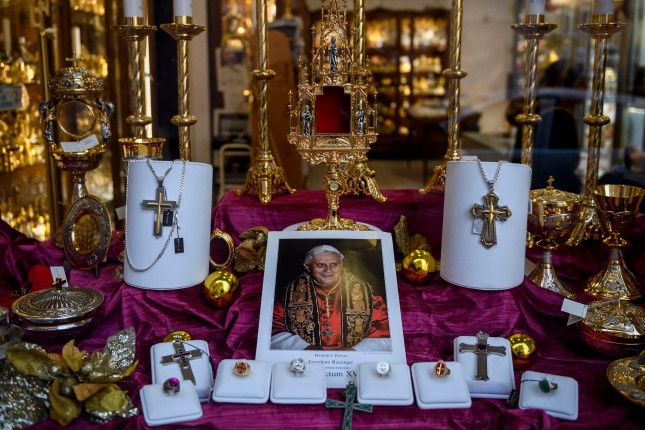
On the eve of Pope Benedict XVI's burial, a former Italian brigadier general called Piero Laporta published a peculiar post on his personal blog.
This Catholic author is now disclosing that in the weeks following Joseph Ratzinger's election to the papal throne in 2005, a US National Security Agency (NSA) official "was bragging about the resignation to which H.H. Benedict XVI of revered memory would soon be forced."
If this allegation is true, "soon" would have to imply nearly eight years, as that is how long Benedict took to resign.
Laporta, as previously stated, is a retired brigadier general. He worked for the Joint Chiefs of Staff of the Italian Military, and, since his retirement, has written for numerous blogs and newspapers, cooperating with, among others, Italian writer Marco Tosatti and his blog Stilum Curiae.
But is Laporta a trustworthy source? Tosatti informed the editor-in-chief of the Catholic website LifeSite News, John-Henry Westen, that as someone who knows Laporta personally, he believes he is a "credible" source.
"When he [Laporta] sent me this article, in which he spoke of somebody connected to the intelligence who bragged that Benedict would resign in few weeks after his election to the pope, I just asked him who that person was. I cannot name it, but I made a little check here and there, and I saw that it was … coherent with [the] landscape," Tosatti told Westen.
"Let's not forget that Benedict's papacy has been fought on since the real beginning by all the media, the financial powers, the deep state and the government of the USA, the Clinton administration, the Obama administration, and so on and so forth," the veteran Vatican reporter continued.
Tosatti then reminded Westen that the idea that the US government might be involved in a plot to undermine the Catholic Church is not without precedent, as emails released by Wikileaks in 2016 showed how John Podesta, chairman of Hilary Clinton's presidential campaign, discussed how to foment "revolution" in the Church with Obama-linked non-profit executive Sandy Newman.
"Well, don't forget that there was the Podesta email … that was clear that the US government and the US intelligence agencies were trying to … make a coup d'etat in the Vatican in a way … I think that all this [information from Laporta] is very coherent … considering now and what happened later," as said by Tosatti.
Other observers have pointed to the Vatican Bank's financial entanglements as a probable explanation for Pope Benedict's decision to quit.
This was before Benedict's pontificate, as the Vatican Bank had long authorized the use of clandestine accounts that aroused investigation for potential money laundering. However, Benedict was brought into the controversy in 2010 when Italian authorities seized about USD 30 million in Vatican Bank cash slated for transfer, with no adequate explanation as to what the money was for.
Benedict attempted to modernize the Church's ancient methods by establishing the independent Financial Intelligence Authority as a monitor, but entrenched bureaucracy hampered the ability for significant change, and the president of the Vatican Bank was sacked for carelessness in May 2012.
Because of the lack of transparency, the Vatican was briefly reduced to a cash-only operation in early 2013 after Italian banks refused to do business with the Holy See.
However, there is still insufficient evidence to reach any final conclusions. Unless Laporta produces documentation to back up his claim that the NSA was behind Benedict XVI's resignation, all theories regarding the highest political circles placing pressure on him remain speculative.
Benedict held to his original explanation until the day he died, with a 2018 documentary, Benedict XVI: in Honor of Truth, presenting supporting evidence that the pope emeritus felt he could no longer openly lead the 1.2 billion Catholics who required unwavering stewardship more than ever.
He spent his days, until his death in December 2022, writing and praying in the seclusion of the Vatican's Mater Ecclesiae monastery, the full scope of his circumstances and hardships presumably shared only with his Savior.
